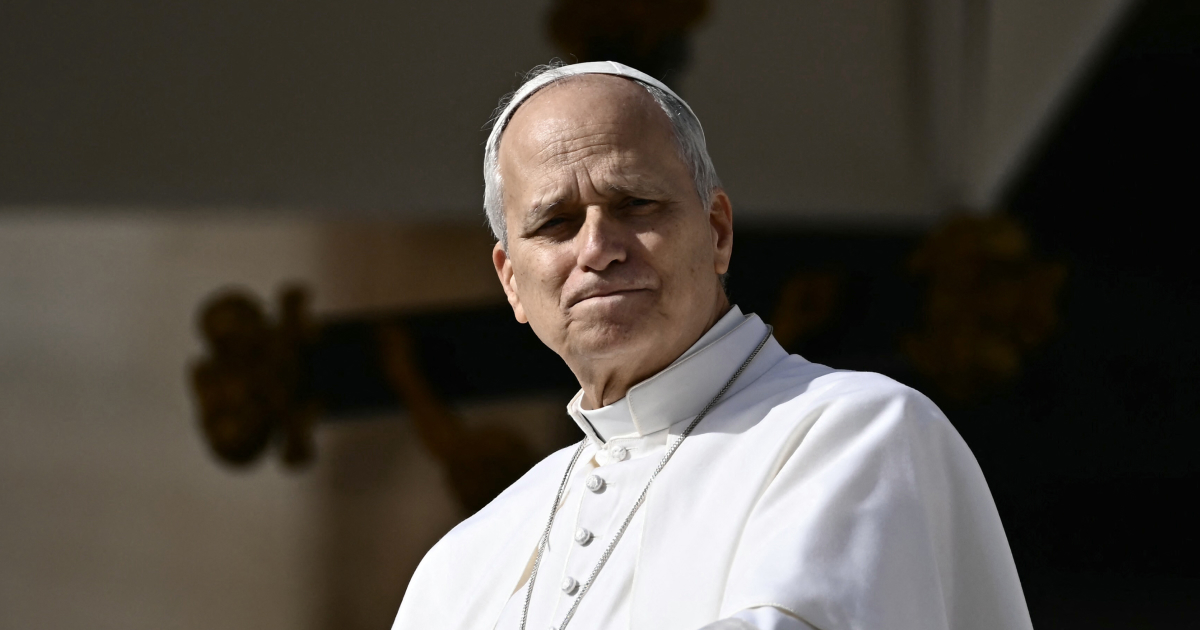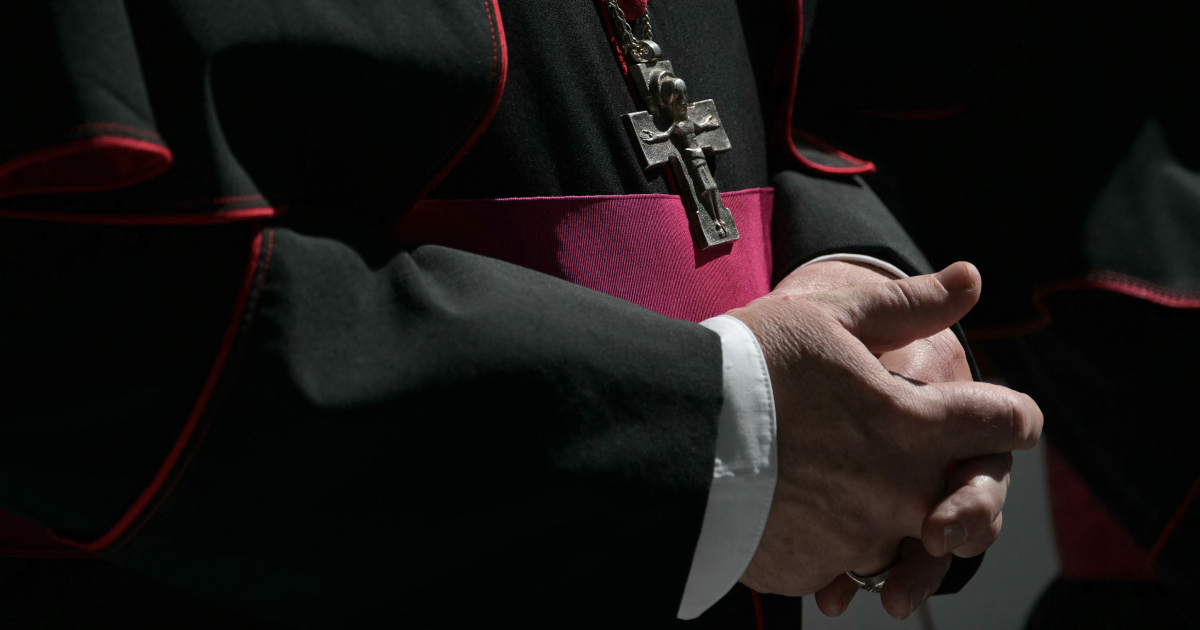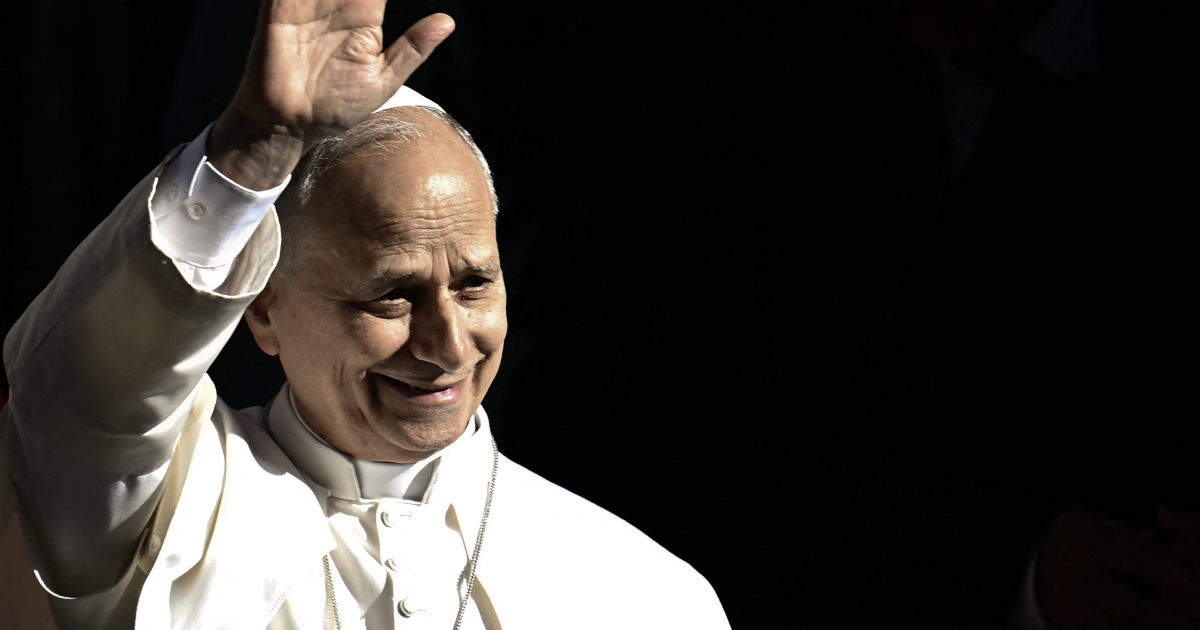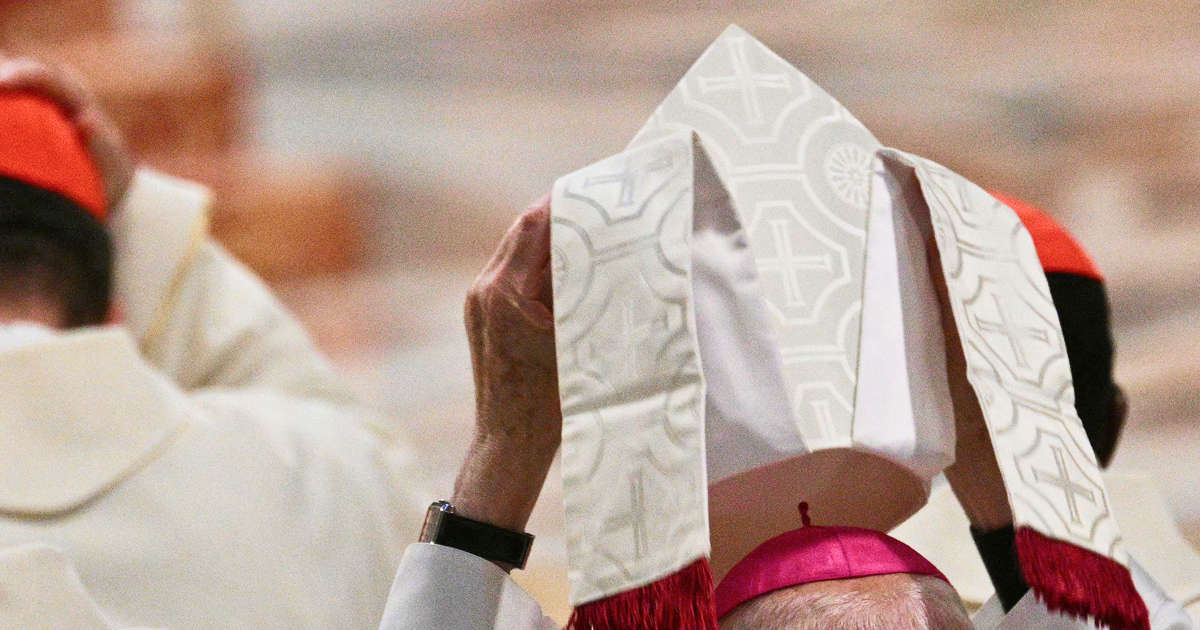Denmark’s Prime Minister Mette Frederiksen has issued a long-awaited apology to Greenlandic women and their families following revelations that thousands were subjected to coerced contraception.
The scandal first came to light in 2022 through an investigative podcast called Spiralkampagnen (“the coil campaign”), which uncovered extensive documentation showing that between 1966 and 1970 at least 4,500 women and girls, some as young as 13, had been fitted with contraceptive intra-uterine devices (IUDs) but often without consent.
Many women involved, the majority being Inuit, have since come forward to say that the coils were inserted without their knowledge or consent.
The contraceptive device, commonly known as a coil, is placed inside the womb to prevent pregnancy. For decades, thousands of Greenlandic women were subjected to the procedure, often during routine medical appointments.
While some records suggest the devices were fitted with consent, the testimonies of scores of women paint a far darker picture even in those cases, with accounts of lasting health complications and infertility.
The effect on Greenland’s population was profound. The birth rate slowed dramatically in the late 1960s and '70s, coinciding with the height of the campaign. Greenland’s former prime minister Mute B Egede told a Danish broadcaster last December that the policy amounted to “genocide”.
In a statement delivered this week, she described the policy as “systematic discrimination” and admitted that the programme caused both “physical and psychological harm” to Inuit women and girls.
“We cannot change what has happened,” she said. “But we can take responsibility. On behalf of Denmark, I would like to say sorry.”
A group of 143 women, 138 of whom were under the age of 18 when they received the IUDs, have since launched a lawsuit against the Danish state, demanding compensation for what they describe as gross violations of their rights. The lawyer representing them, Mads Pramming, told the BBC that while an apology was welcome, what had not yet been acknowledged was that the campaign constituted a breach of human rights.
The case has been described as one of the darkest chapters in modern Danish history. Greenland was a colony of Denmark until 1953 and only achieved home rule in 1979, though Denmark continued to control the healthcare system until 1992. The contraceptive programme was implemented during this period of dependency, reflecting what historians describe as the lingering colonial attitudes of Danish authorities towards Greenlanders, especially the Inuit.
The full extent of the programme will not be clear until the findings of an official inquiry are published next month, following two years of investigation. Nevertheless, Denmark's prime minister admitted that the testimony of so many women has already made a “serious impression on the government”.
Greenland’s Prime Minister Jens-Frederik Nielsen also welcomed the apology, reports AP, but insisted that Denmark had acted far too late.
“For too long, the victims have been silenced to death,” Nielsen said. "It’s sad that an apology only comes now – it’s too late and too bad."
He added that his own government recognised its share of responsibility but insisted that the truth must be fully revealed “so that responsibility is placed where it belongs”.
While many welcomed Frederiksen’s expression of regret, pressure is now mounting on Denmark to agree to financial redress for the victims. Compensation is expected to be considered once the inquiry concludes next month, though it remains unclear how far the government is prepared to go to right so many previous wrongs.
Photo: Naja Lyberth, a 62-year-old psychologist and victim of the IUD campaign, poses for a picture in front of a painting featuring a uterus and an IUD, Nuuk, Greenland, 30 August 2024. (Photo by JAMES BROOKS/AFP via Getty Images.)





.jpg)











